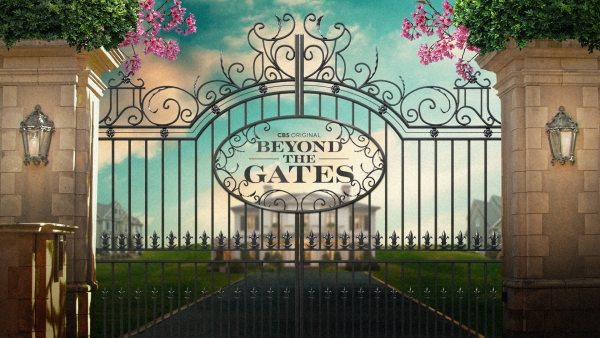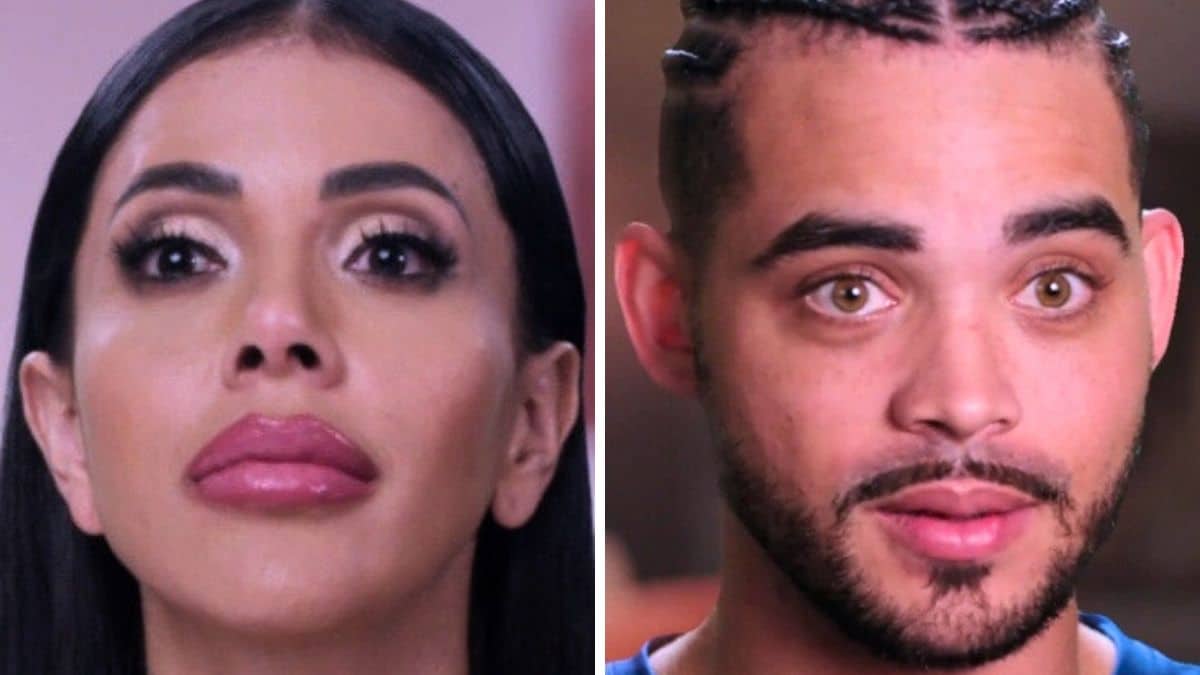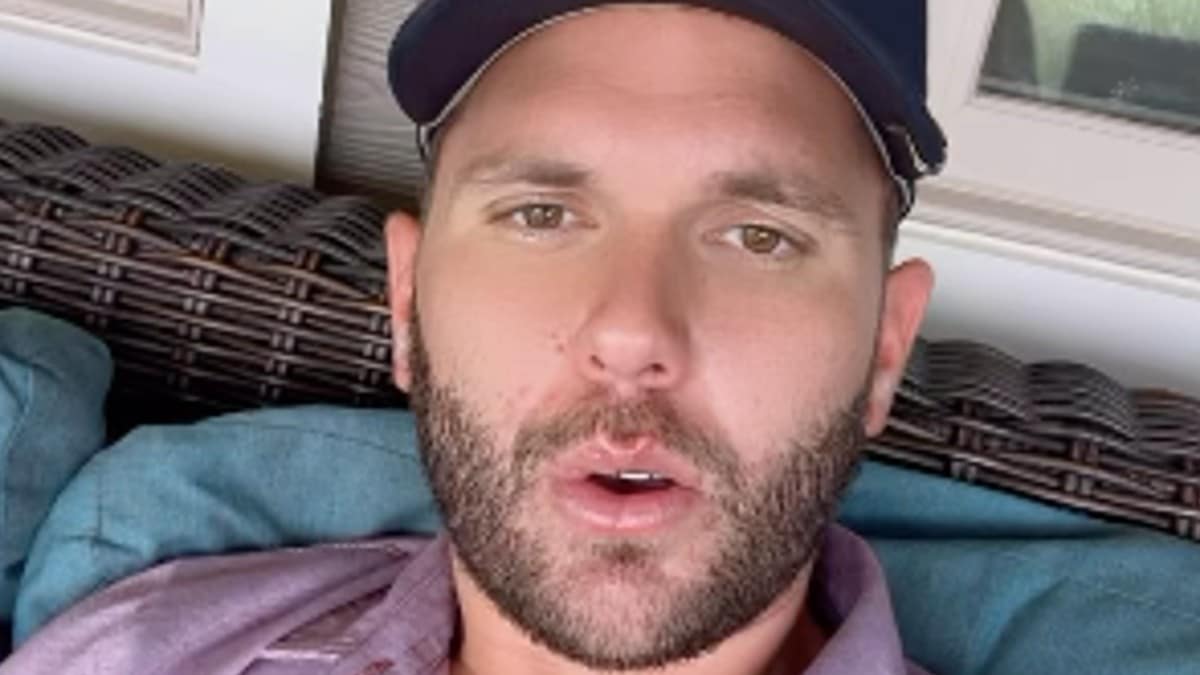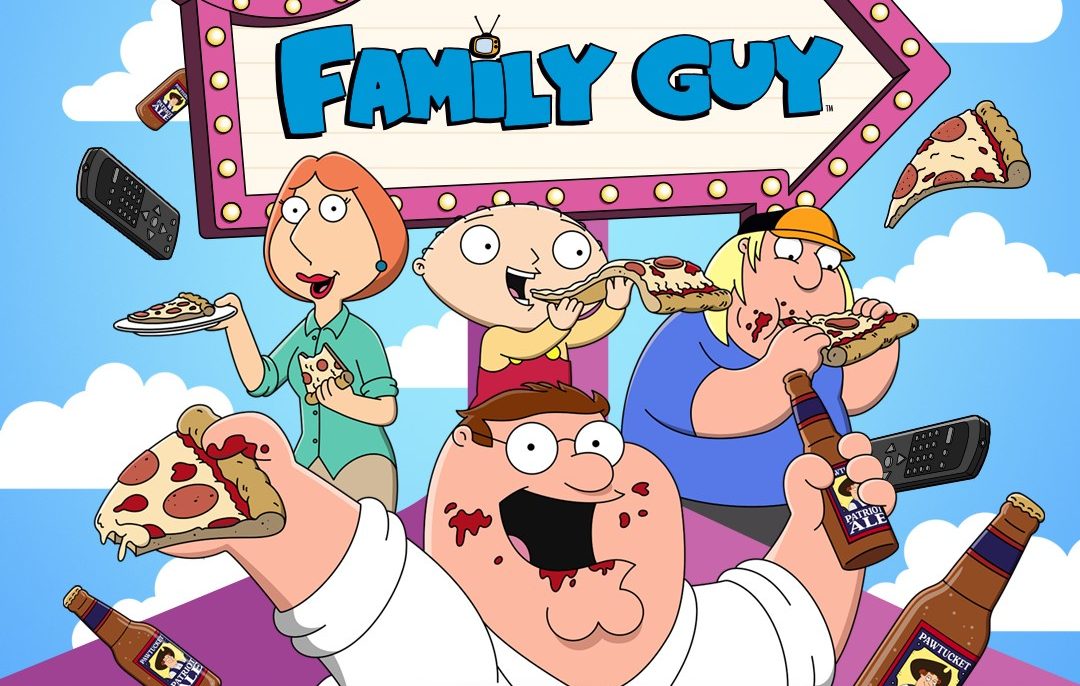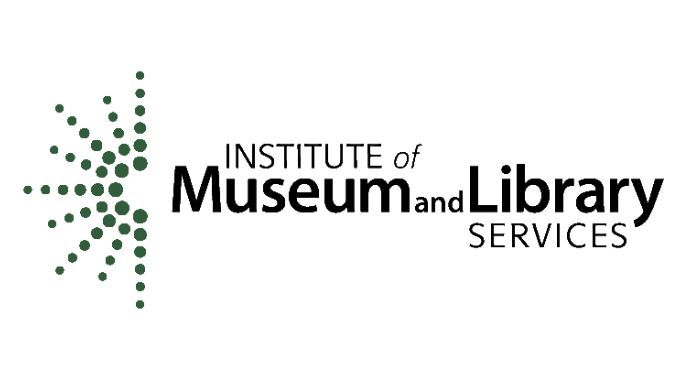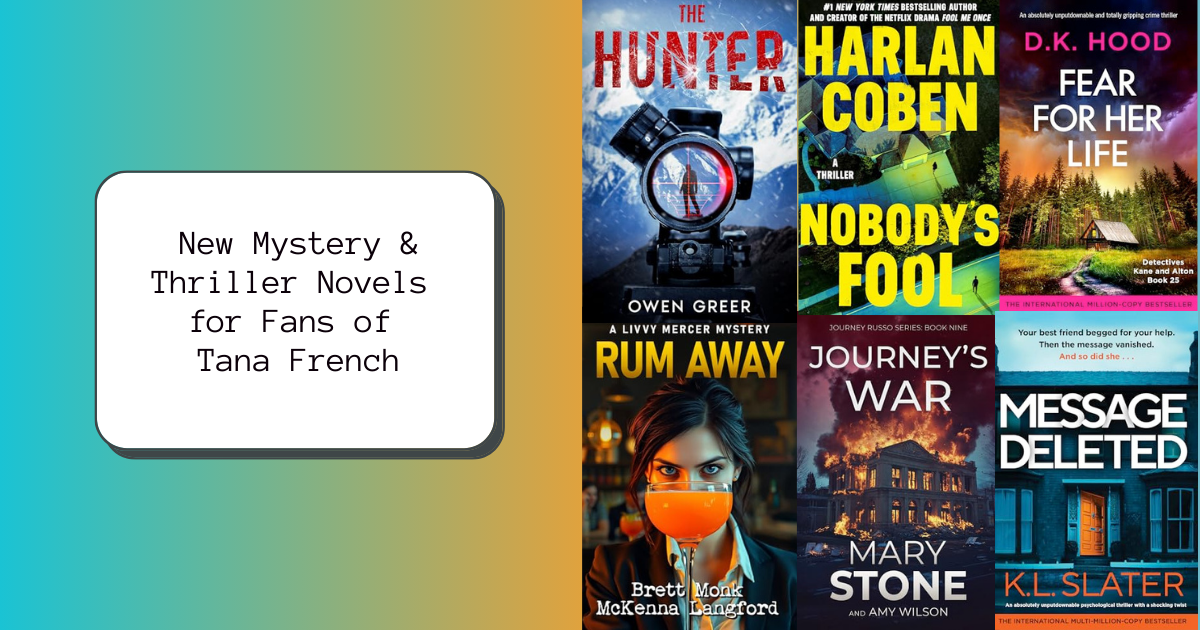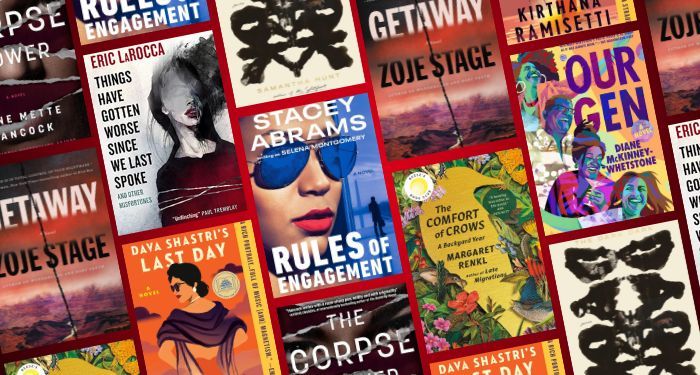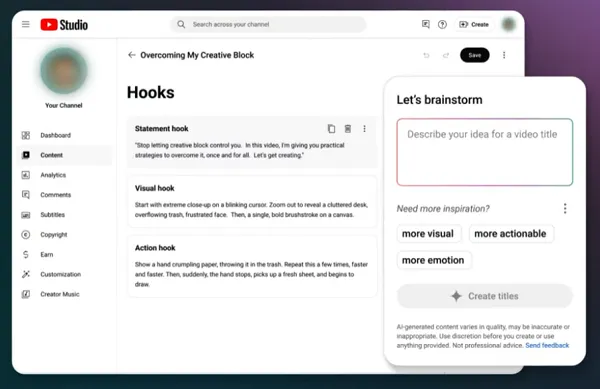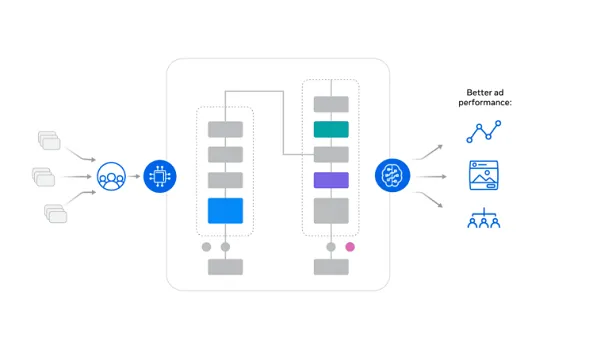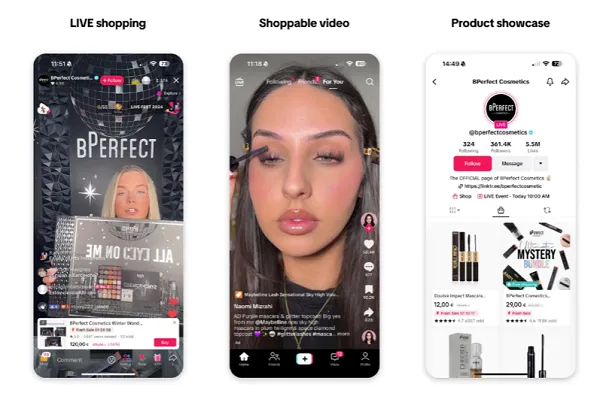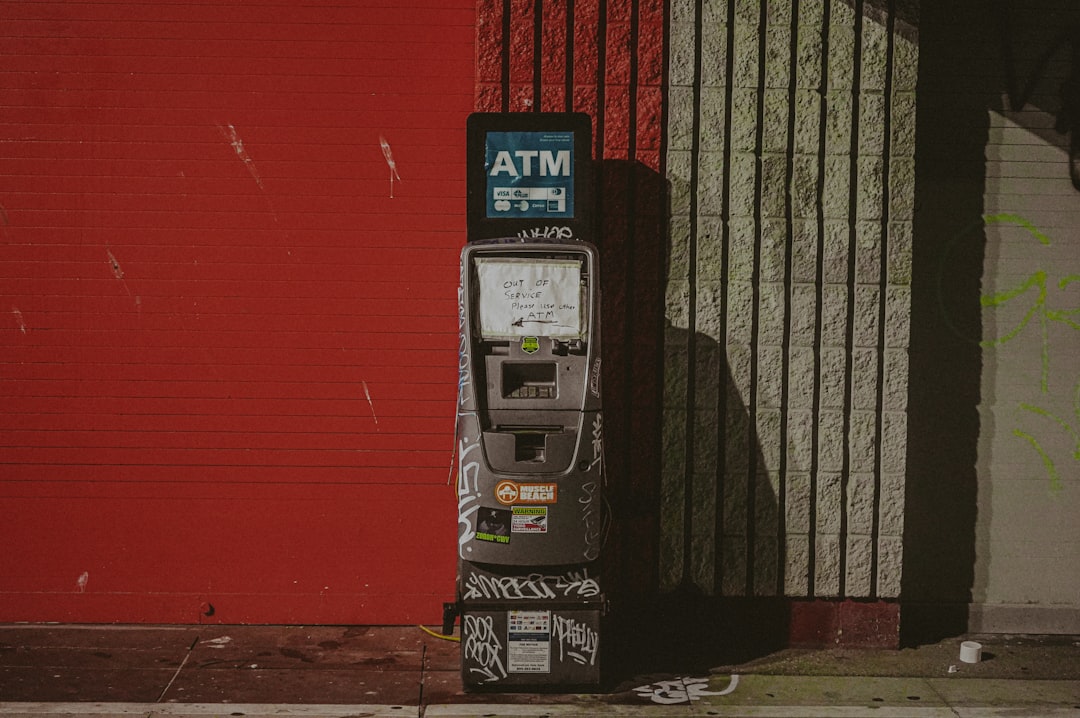Nails on a chalkboard. The word “moist.” Paul Anka singing “You’re Having My Baby.” Ticketmaster. Accidentally drinking orange juice right after brushing your teeth. Mass murder.
These are all things that pretty much all of us can agree are terrible. I could have gone my whole life assuming that “bank overdraft fees” were also on this list. But thanks to Megan McArdle of the Washington Post … I stand corrected.
On Wednesday, McArdle published an op-ed (WaPo gift link) that was not meant to be a joke, titled “Capping overdraft fees could actually hurt poor families,” in which she criticizes the Consumer Financial Protection Bureau’s plan to limit overdraft fees.
This, rather suspiciously, comes on the heels of the Consumer Bankers Association — a group representing the interests of retail bankers — launch of a website that claims the exact same thing.
The website doesn’t talk about overdraft fees, but rather “overdraft services.” Yes. Services. It claims that “overdraft services remain a valued and a preferred option to less desired alternatives, namely payday loans, car title loans, or pawn.” Granted! Those things are all awful, but they are also things people are aware they are doing when they’re doing them. You’re not going to pay for groceries and come home to find your grandmother’s ring missing because it went to a pawn shop all on its own. Overdraft fees, more often than not, happen by accident.
McArdle, whom we can assume has never actually had an overdraft fee, takes this same tack, assuming that people are “users” of bank overdrafts rather than victims.
[A]s with any nice-sounding policy, it’s important to consider the alternatives, both for the customer and for the banker.
For depositors, overdraft fees can be an expensive alternative to even worse options, such as payday loans or having their electricity shut off (and paying a reconnection fee to turn it back on). And “the best of bad alternatives” can also be sort of true for bankers, who must find some way to defray the cost of providing what is basically an unsecured loan to people who are, as we’ve seen, often financially struggling and might be unable to repay the money. The fees also help pay for “free” checking (which costs banks quite a bit of money to provide).
If we cap overdraft fees, how will banks make up the lost revenue?
Oh no, won’t someone think of the bankers?
To be clear, banks make money by taking the money that we put in our checking accounts and investing it or loaning it to other people with interest. They are not doing us a favor, they exist to make money.
McArdle then claims that if banks are forced to only charge people $3 each time they overdraw their account, they will stop letting poor people have bank accounts.
It seems possible banks would look to limit their losses by getting rid of those customers or making up the revenue somewhere else — or possibly both. This seems to have happened in the past, judging from what we saw when federal regulators preempted some state fee caps in 2001. According to researchers from the New York Fed, the exempted banks both raised overdraft fees and expanded available overdraft credit, while lowering minimum balance requirements. The rate at which checks were returned for insufficient funds declined by 15 percent. And the share of low-income households with a bank account rose by 10 percent, suggesting that minimum balance requirements had kept those households from opening accounts.
Yeah, banks still make money off of small accounts, because big or small, they are still using that money to make loans. Actual loans, not ones that people take out by accident.
I, myself, got pretty severely screwed by overdraft fees when I was younger — not because I purposely overdrew my bank account paying for a big purchase like a bill, but because of a bunch of small purchases that I would make, not realizing that my account would be overdrawn when they all went through. I’d end up with overdraft fees for every purchase, and at that time they were still $50. I’d end up owing $200 for like $40 worth of coffee, cigarettes and vodka sodas. Now the fees are about half that, but people can still end up in serious debt over a bunch of smaller purchases — and the danger is a lot bigger these days when we all have so many recurring subscription purchases.
I will grant you, and Megan McArdle, and the Consumer Bankers Association that I should have been more aware of what I could actually spend and kept better tabs on things. I didn’t, because I have fairly severe ADHD (diagnosed but unmedicated at the time) and also because, frankly, I was too scared to look at my bank balance when I was broke because I just wanted to feel like everything was fine. Is that stupid? Yes. Is it true? Also yes … and it’s probably been true for other people as well. And people who make small mistakes like that don’t need to be punished with insurmountable debt piling up.
There are just too many ways we punish people for being poor in this country. This doesn’t need to be one of them. The banks, surely, will figure some way to go on and continue to profit without needing to do so off the mistakes of poor people. Perhaps — just perhaps! — if they actually do want to help customers who need very short-term loans to pay an emergency expenditure when their balances have run out, they can find a way to do that that doesn’t involve the element of surprise.
[WaPo (gift link) / White House]








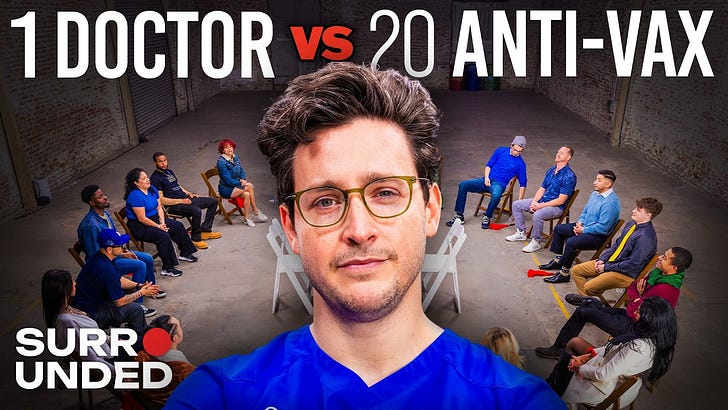
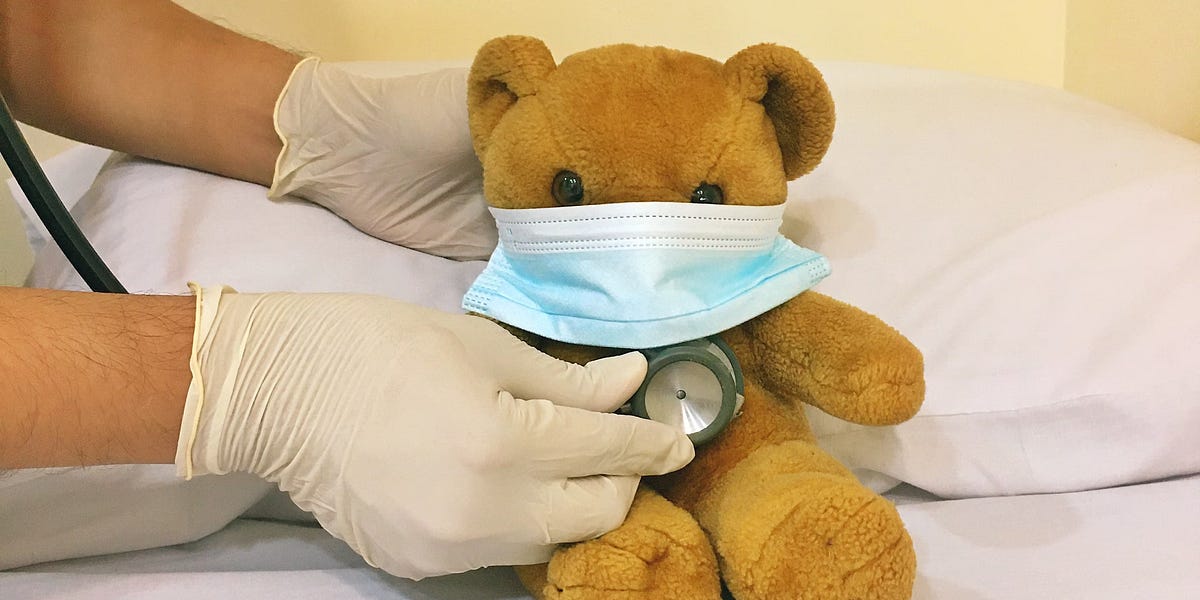

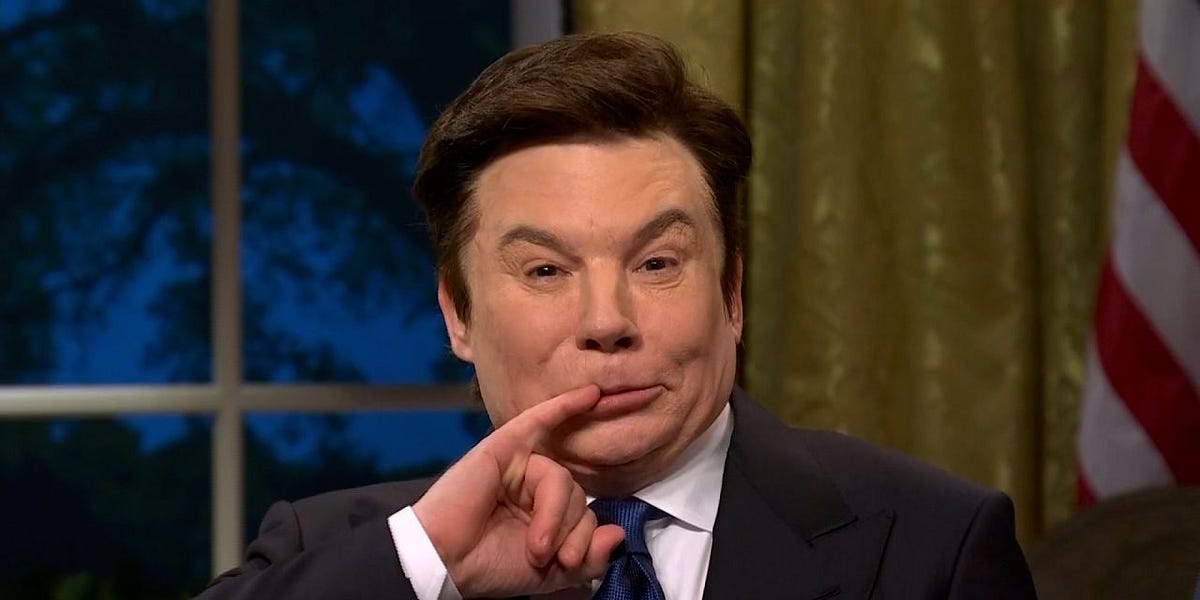
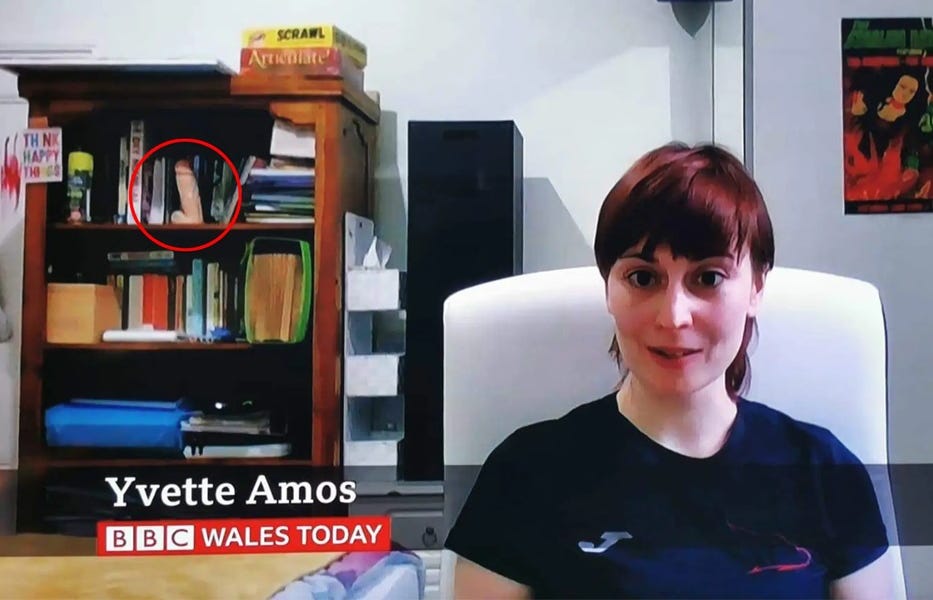


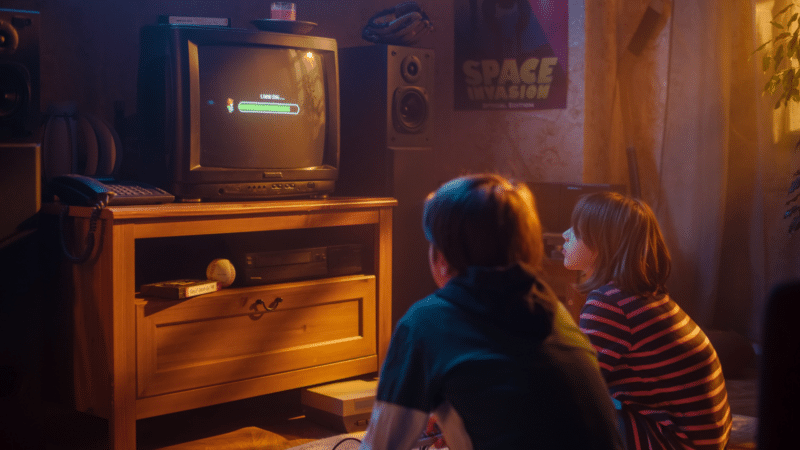




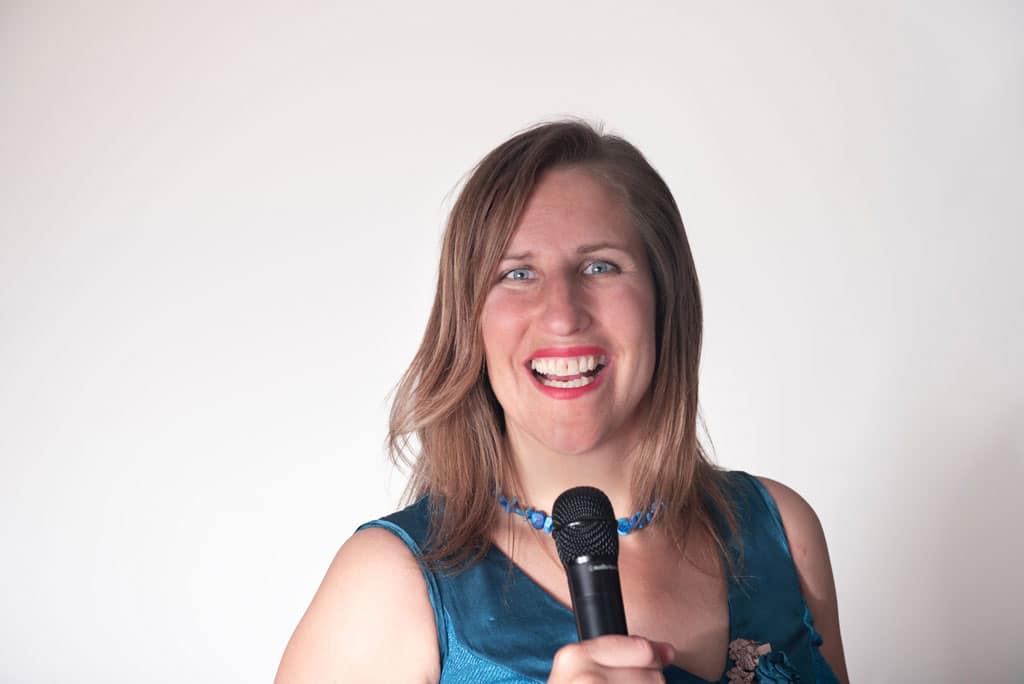

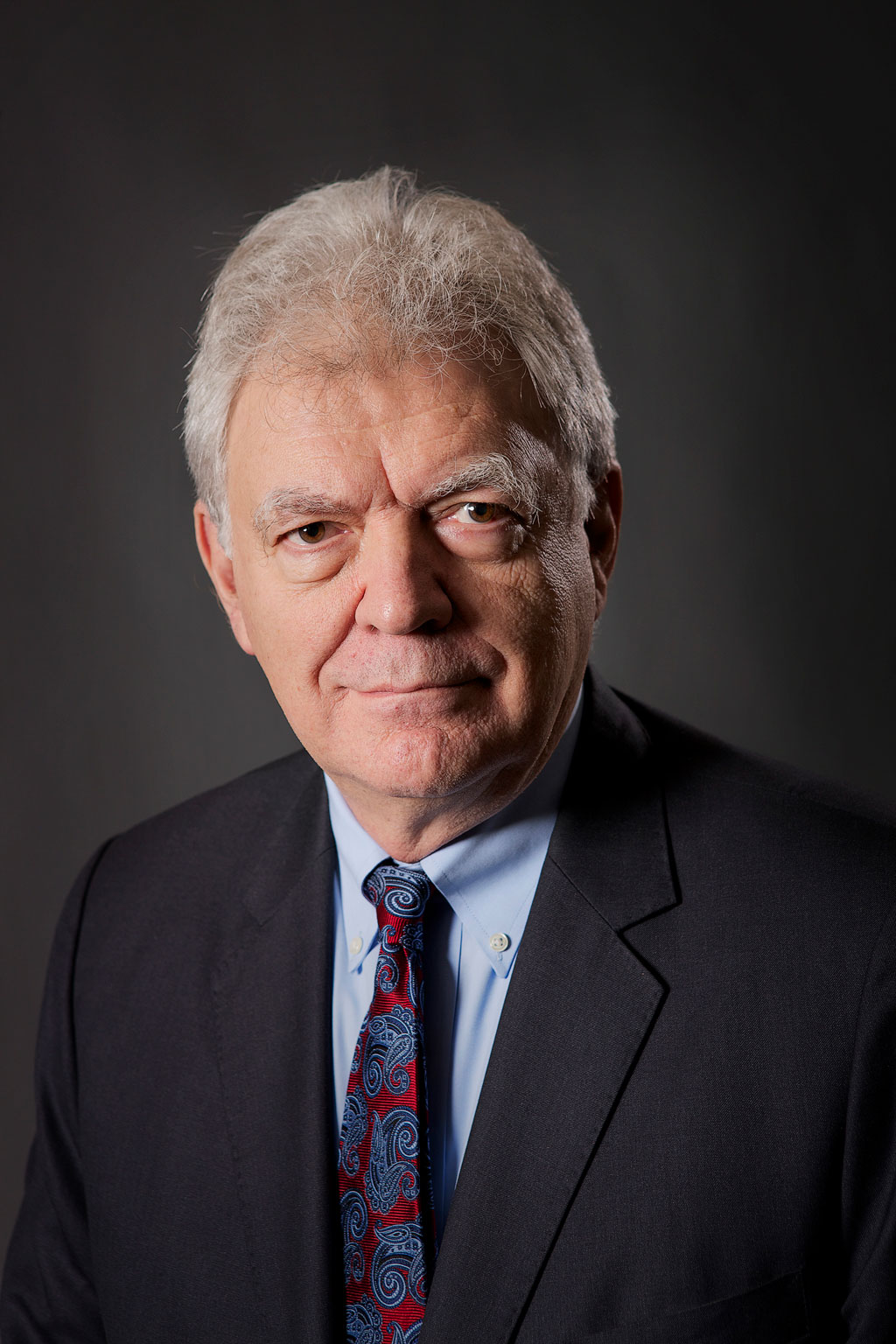

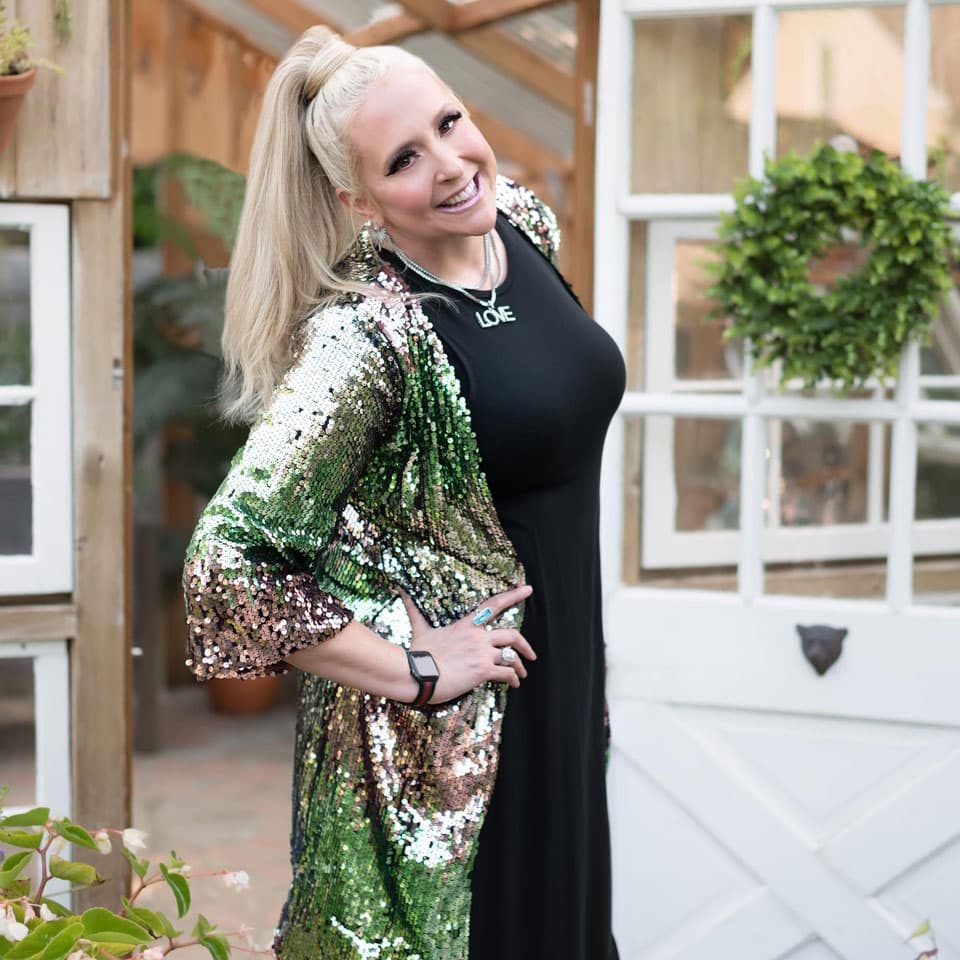
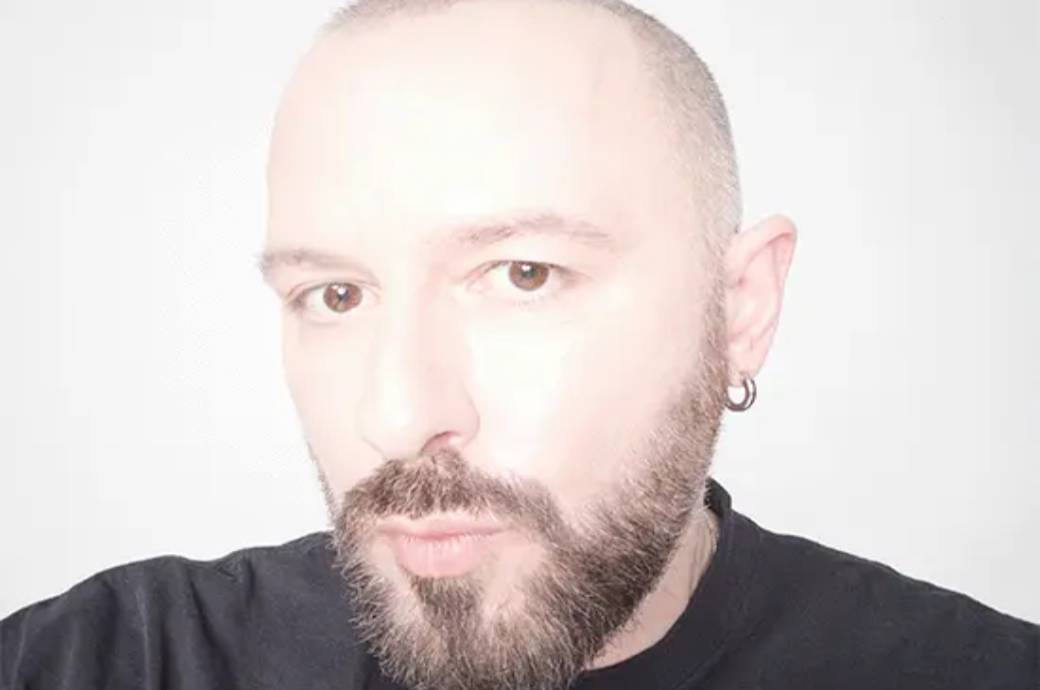
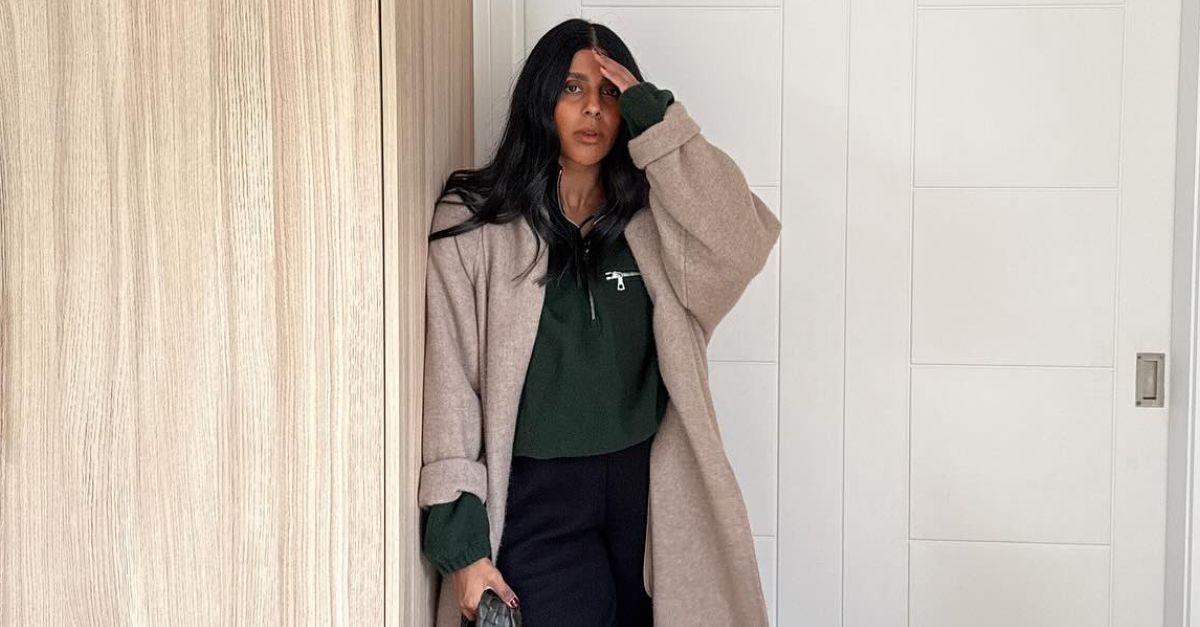


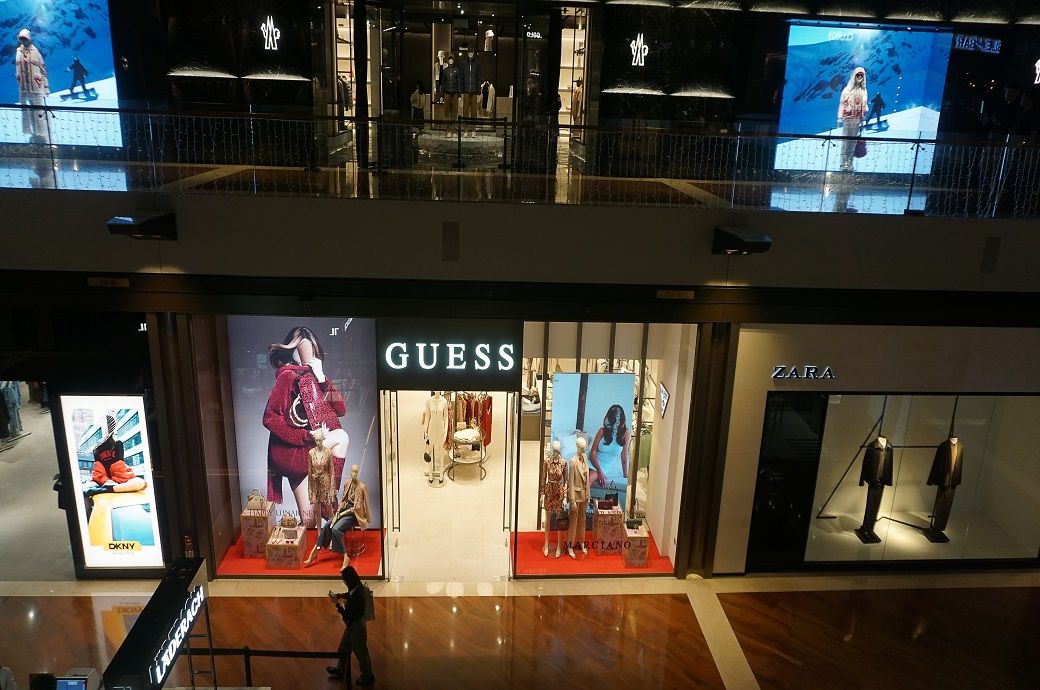
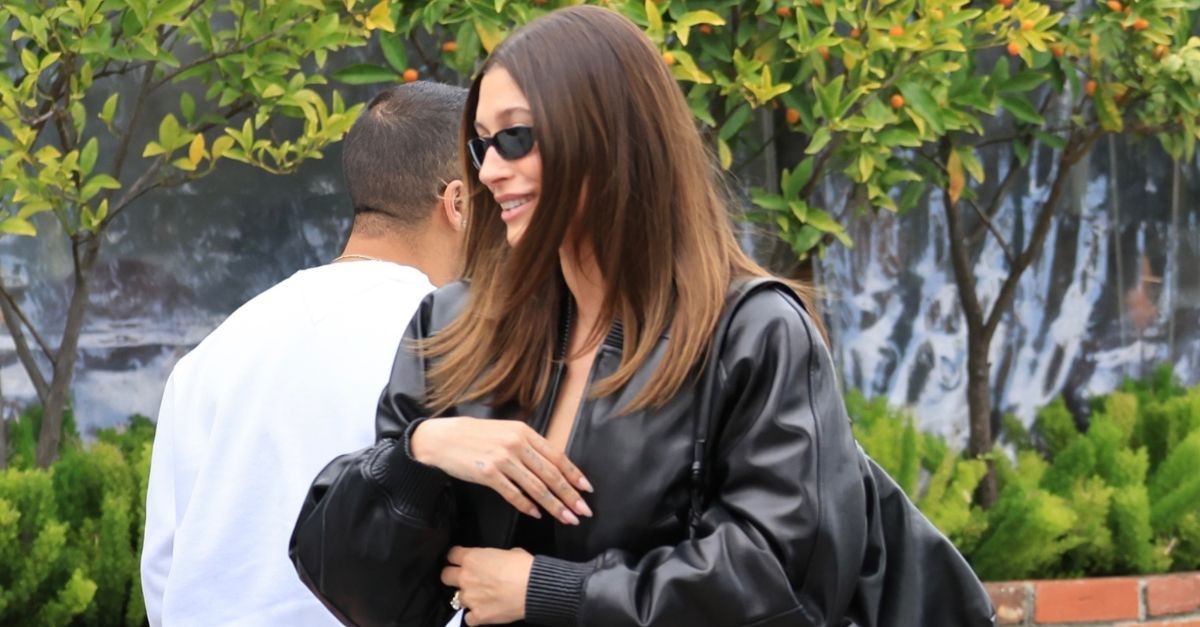






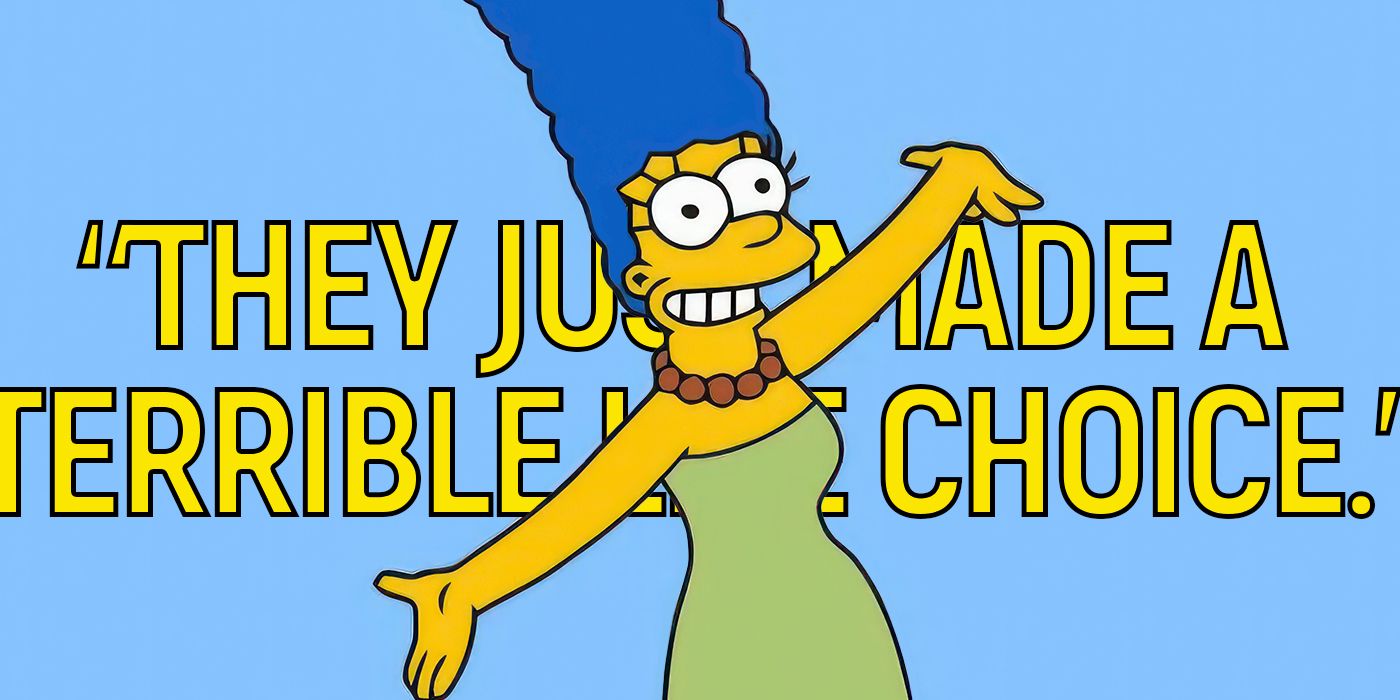


![Spider-Man Is Back in Black With the Green Goblin in New Funko Pop! Figures [Exclusive] Spider-Man Is Back in Black With the Green Goblin in New Funko Pop! Figures [Exclusive]](https://static1.colliderimages.com/wordpress/wp-content/uploads/2025/03/spider-man-the-animated-series-green-goblin.jpg)


